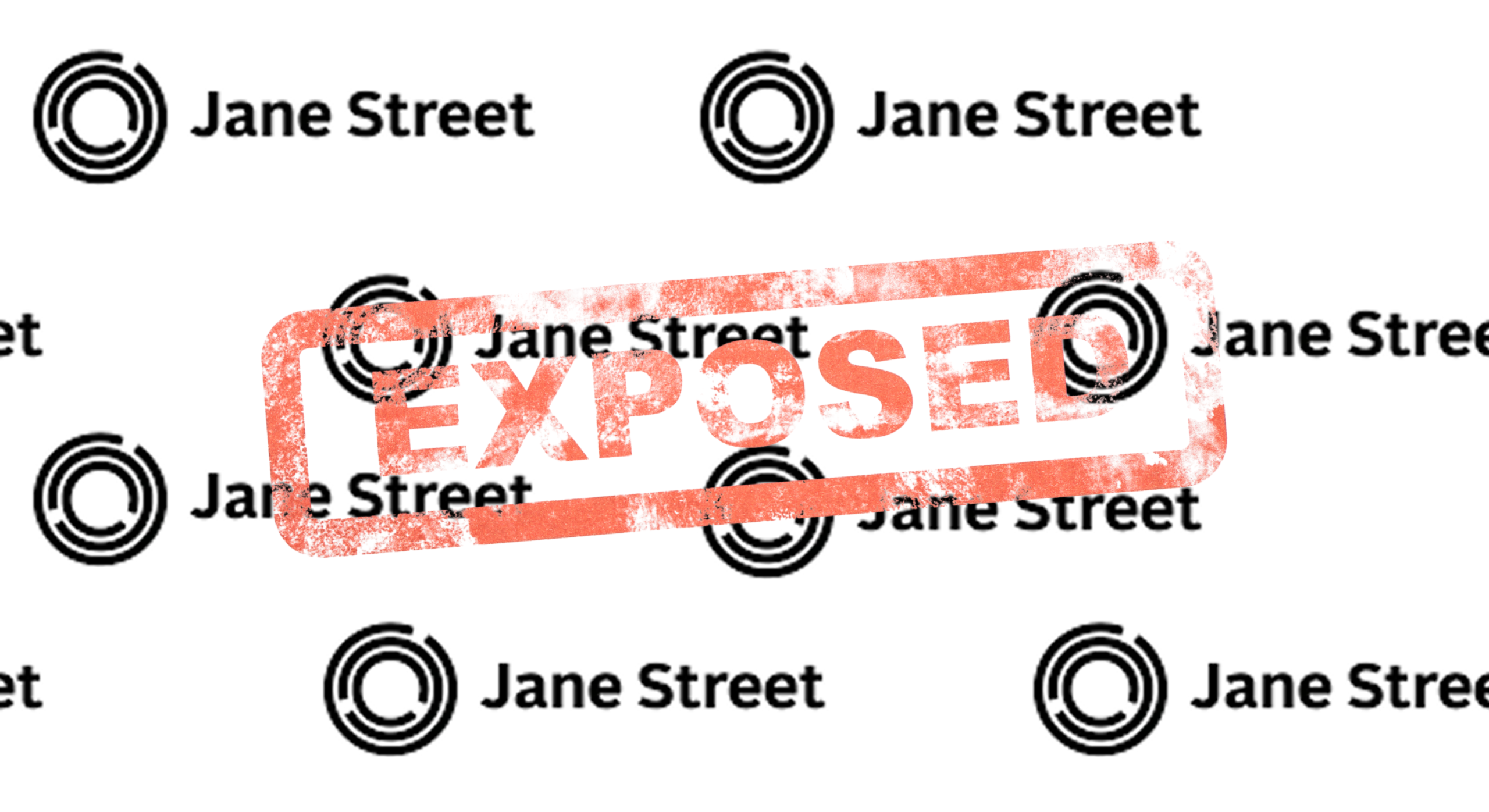What SEBI’s Action Against Jane Street Capital Teaches HNIs About Blind Imitation

In the world of investing, there’s a common bias among affluent investors:
“If the big guys are doing it, it must be smart.”
But recent events show that even billion-dollar firms with global reach can falter—and sometimes, their moves can mislead rather than inspire.
Take the case of Jane Street Capital—a global trading powerhouse recently barred by SEBI from accessing the Indian securities market.
Yes, that Jane Street—the firm known for its complex quantitative strategies and $20+ billion in annual revenue.
What Went Wrong?
Between January 2023 and March 2025, Jane Street and its affiliates made large trades in Indian banking stocks and futures.
First, they aggressively bought huge quantities of banking stocks, pushing prices higher. Then, they dumped those same holdings, creating artificial volatility.
This move was picked up by retail and even institutional investors trying to “ride the wave.”
But SEBI didn’t see it as a market strategy—it called it manipulation. The firm was penalized, and $567 million in unlawful gains were impounded.
The Illusion of “Smart Money”
It’s tempting for HNIs and UHNIs to model their portfolio strategies on what hedge funds or global institutional players are doing.
After all, they have:
- Access to proprietary data
- In-house PhDs and analysts
- Billions in AUM
But here’s the catch: Not all money moves are made with long-term fundamentals in mind.
Some are:
- Short-term arbitrage plays
- Algorithm-driven momentum trades
- Cross-border tax or hedge strategies
- Designed to influence market behaviour
Following these without understanding the intent can lead to sub-optimal—or even harmful—outcomes.
What HNIs Need to Internalize
1. Size ≠ Strategy
Large-scale buying doesn’t always reflect conviction. Sometimes, it’s engineered to create price action.
2. Western Models Don’t Always Fit Indian Markets
What works on Wall Street often misfires on Dalal Street. Regulatory frameworks, investor psychology, and market depth differ vastly.
3. Regulators Are Watching
SEBI’s swift action in this case shows that the Indian market won’t tolerate predatory behavior—even from global giants. Blindly mimicking foreign hedge funds can expose you to unintended risks.
Final Word: Conviction Beats Imitation
Jane Street’s fall in India is not just a headline. It’s a cautionary tale for investors who equate “big” with “better.”
When you invest based on imitation, you rent confidence.
When you invest based on conviction, you own it.
If you’re building a ₹100 crore portfolio, remember: it’s not about who you follow. It’s about how well you understand what you own.
